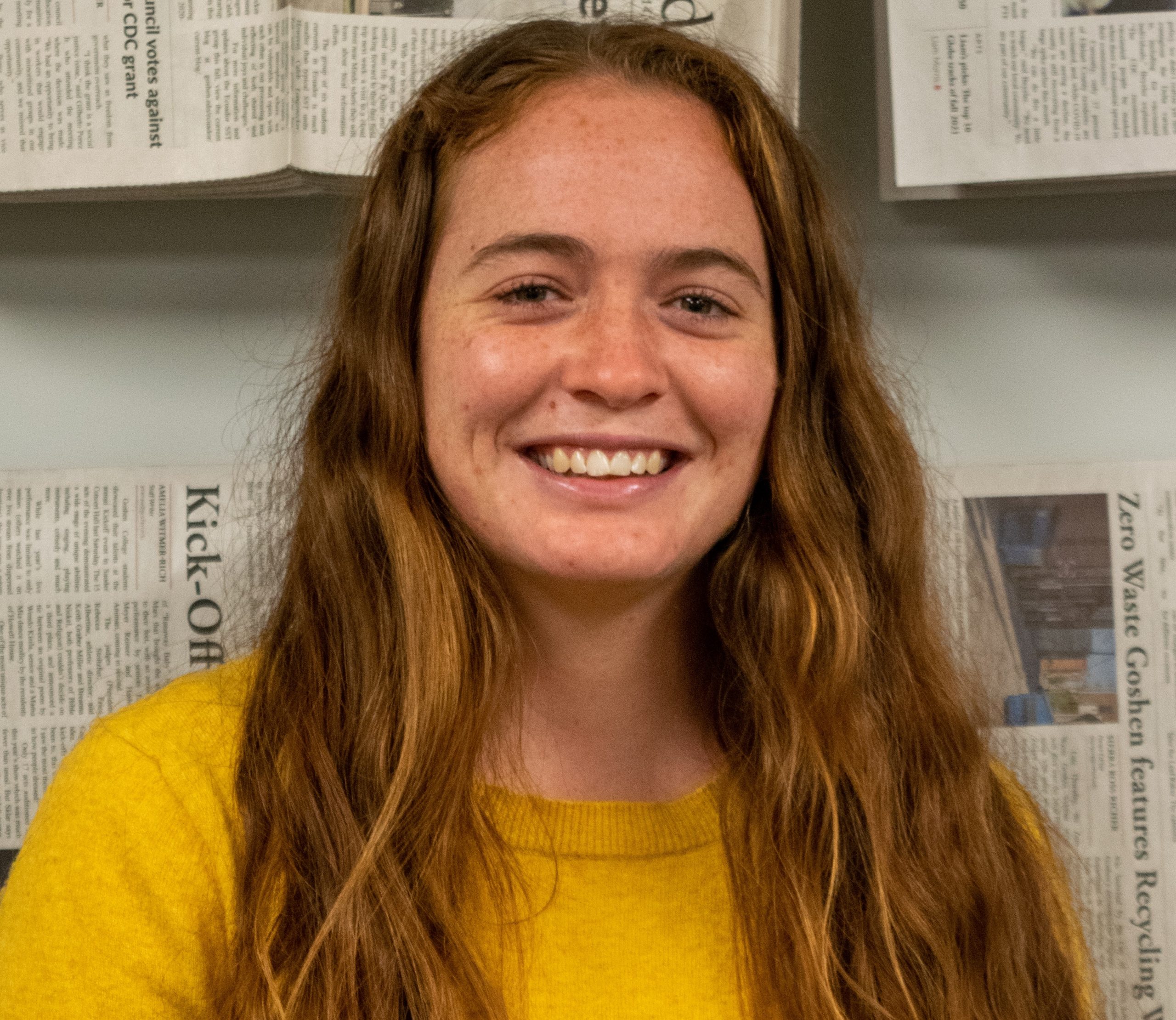This is the first week of the Winter Olympics, 2022. The best athletes from around the world are gathered right now in Beijing, testing their performance on a world stage.
The Olympic games are exciting and inspiring. For me, they bring up a subject I have an uneasy relationship with: athletics.I came to Goshen College five years ago with aspirations of becoming a star cross country and track runner. A few years later, I wanted nothing to do with the word ‘athlete.’
The transition happened slowly. As a first-year, I worked hard — really hard. I wanted to be the best, so I put hours of work in every day, strengthening myself, pushing myself. But instead of getting faster in races, I got slower. Then I got injured.
I was determined not to let that stop me, so I kept putting in the hours, although now they were in the training room, at physical therapy and on the stationary bike. I was an athlete, so I did what athletes do: I kept my eyes on the goal — so narrowly focused on the goal, that I didn’t notice I was becoming unhappy, angry and exhausted.
After three years of on and off injuries, I internalized an identity that I absolutely despised: I was an injured athlete.
I know I am not the only person who has found themself with this label. I saw others in the training room and at the rehab center. I heard stories on the Injured Athletes Club, a podcast my coach signed me up for.
Being an injured athlete felt like being a living contradiction: I was an athlete who couldn’t do her sport. I felt like a failure, and I couldn’t take it anymore.
So I made a decision to free myself from the label. I quit.
For an athlete, that’s one of the hardest decisions you can make.
Life outside of the sports bubble terrified me. I could get out of shape. I could lose touch with my friends. I could lose my purpose, which up until then had been to succeed in running.
All of those things happened. But I gained a lot as well.
I discovered the joy of being able to drink hot chocolate from Java Junction in the middle of the day without worrying about the state of my gut in that afternoon’s workout.
I found that no one really cares, or even notices, if I gain a few pounds, and that there are plenty of things to do at 4 p.m. besides practice.
I realized there are many activities I enjoy: writing, cooking, walking in the woods, slack-lining.
And I met people outside of athletics who love to do fun — sometimes even athletic — things, as well as athletes who have interests beyond their sports.
This semester, I joined the track team again after two years off. I’m still not sure if I’m ready to embrace the label ‘athlete.’ Maybe I never will.
What I know now is that being an athlete is not my whole identity, and it isn’t anyone’s. Not even those who compete at the Olympics.




